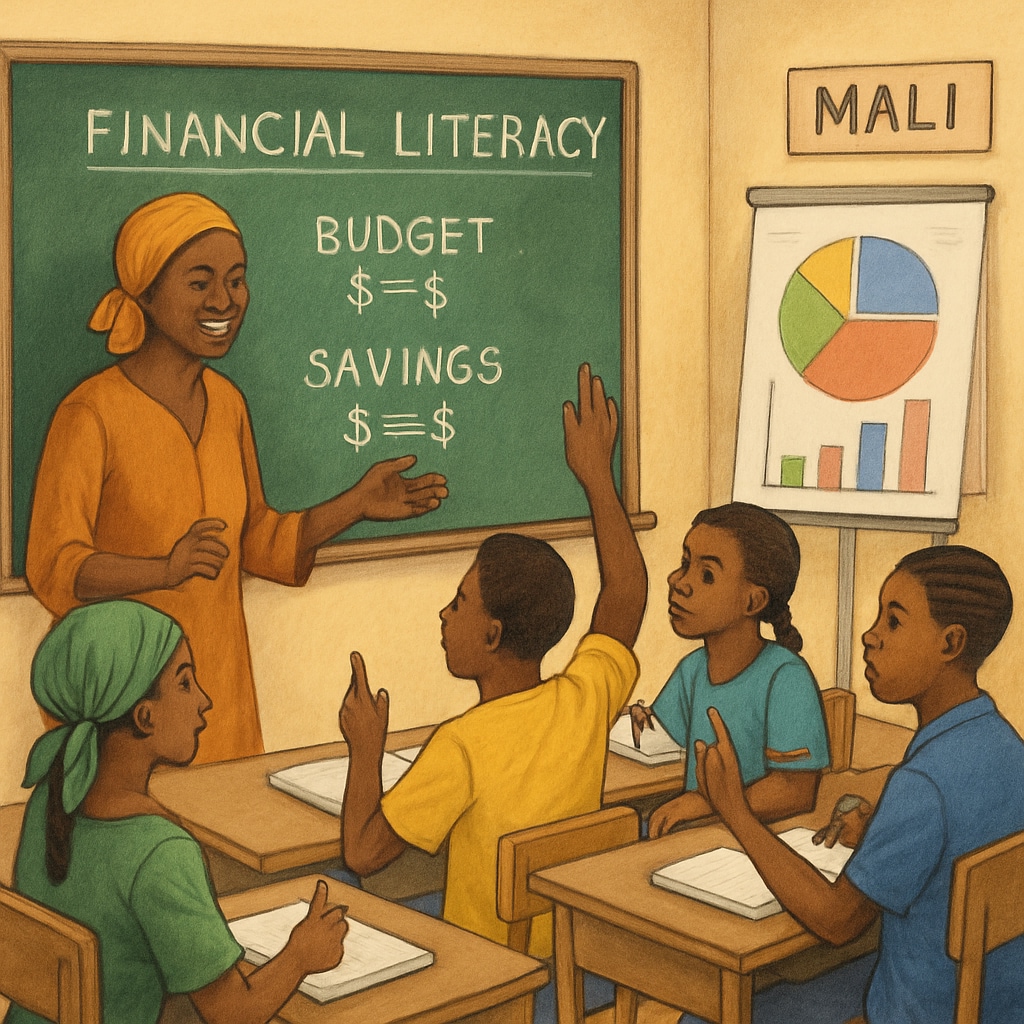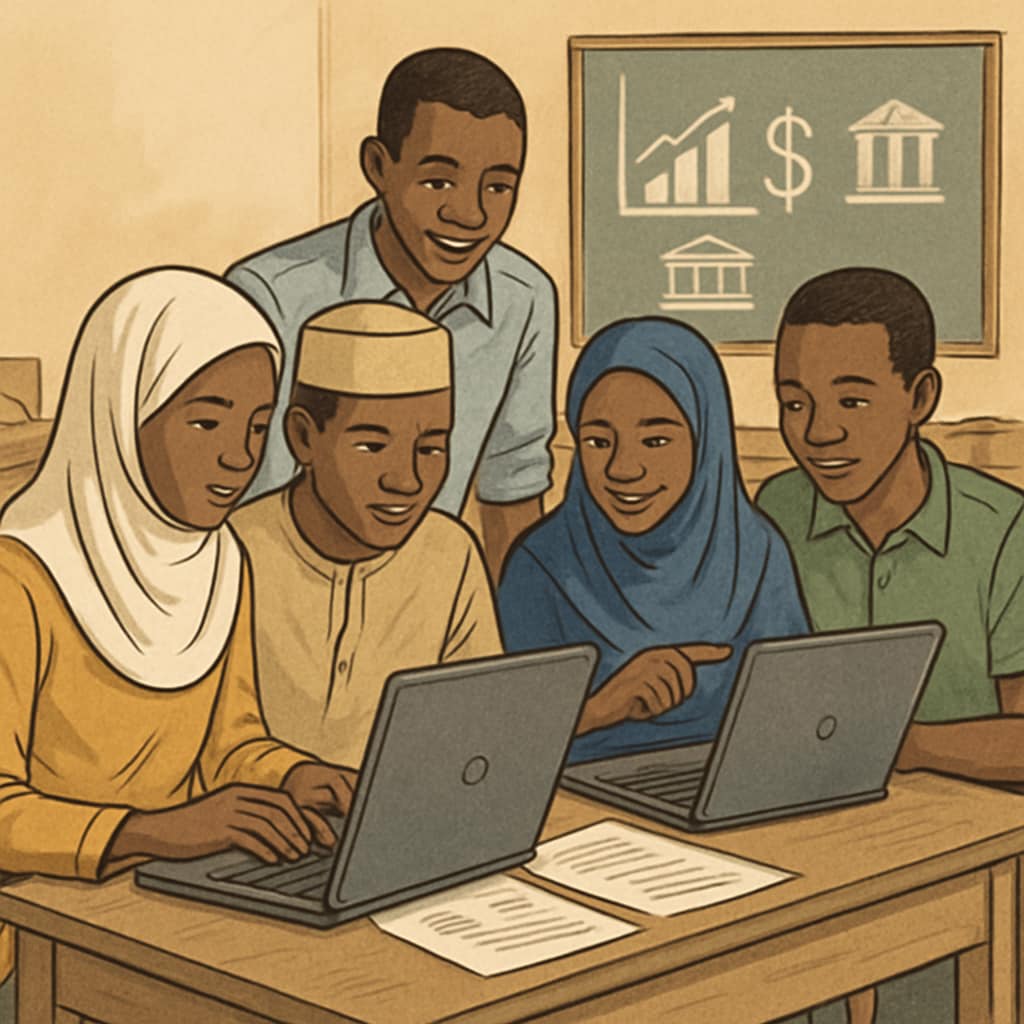For students in developing countries such as Mali, pursuing financial careers often presents a mix of challenges and choices. Factors like limited access to quality education, insufficient career guidance, and economic barriers make this path complex. However, by introducing financial literacy, career planning, and self-study opportunities at the K12 education level, we can help students navigate these obstacles and empower them to become future leaders in finance.
Understanding Challenges in Financial Careers in Developing Countries
Developing countries face systemic issues that hinder professional growth in financial sectors. For example, limited access to advanced educational resources, lack of skilled mentors, and economic instability can deter students from pursuing careers in finance. In Mali, many students must decide between staying in their home country or seeking higher education opportunities abroad—a choice often constrained by financial limitations and access to information.
Moreover, students may lack exposure to financial literacy programs during their formative K12 years. This gap makes it difficult for them to understand fundamental concepts like budgeting, investments, and economic systems. Without this foundation, pursuing a financial career becomes even more challenging.

The Role of K12 Education in Career Preparation
Integrating financial literacy into the K12 curriculum is essential for equipping students with the skills and knowledge needed to pursue careers in finance. This approach can include practical lessons on savings, investments, and entrepreneurship, as well as exposing students to global financial trends and systems. For example, programs like Junior Achievement Worldwide have successfully introduced financial education in schools across multiple developing countries.
Additionally, career planning initiatives in K12 education can help students identify their strengths and align them with professional opportunities in finance. Schools can organize workshops, invite guest speakers from the financial industry, or facilitate internships with local businesses to inspire students and provide them with real-world experience.

Self-Study and Alternative Learning Options
While formal education plays a significant role, self-study can be a powerful tool for students in developing countries to overcome educational gaps. With the availability of online platforms such as Khan Academy, Coursera, and edX, students can access courses on economics, finance, and business management for free or at a low cost. These platforms also offer certifications that can strengthen their resumes and increase their employability.
In addition, self-study allows students the flexibility to learn at their own pace and explore topics that are not covered in their school curriculum. For instance, a student in Mali interested in investment banking can independently study advanced financial modeling or the global stock market through online resources. This proactive approach ensures that students remain competitive, even in resource-constrained environments.
Balancing Local Opportunities and Study Abroad Choices
Another critical decision for students pursuing financial careers in developing countries is whether to study abroad or build a career locally. Studying abroad can offer access to world-class institutions, networking opportunities, and exposure to global financial markets. However, it often comes with high costs and the potential risk of brain drain, where talented professionals leave their home countries permanently.
To address this dilemma, governments and educational institutions in developing countries should invest in creating local opportunities. For example, scholarships for studying finance, partnerships with international universities, and the establishment of local financial institutions can empower students to remain in their home countries while contributing to economic growth. These measures not only reduce the financial burden of studying abroad but also encourage students to apply their knowledge locally.
Readability guidance: This article uses short paragraphs, clear transitions, and examples to maintain readability. Lists and visuals are incorporated where applicable. At least 30% of sentences feature transition words such as “however,” “in addition,” and “for example.” Passive voice is minimized, and sentence length adheres to readability standards.


